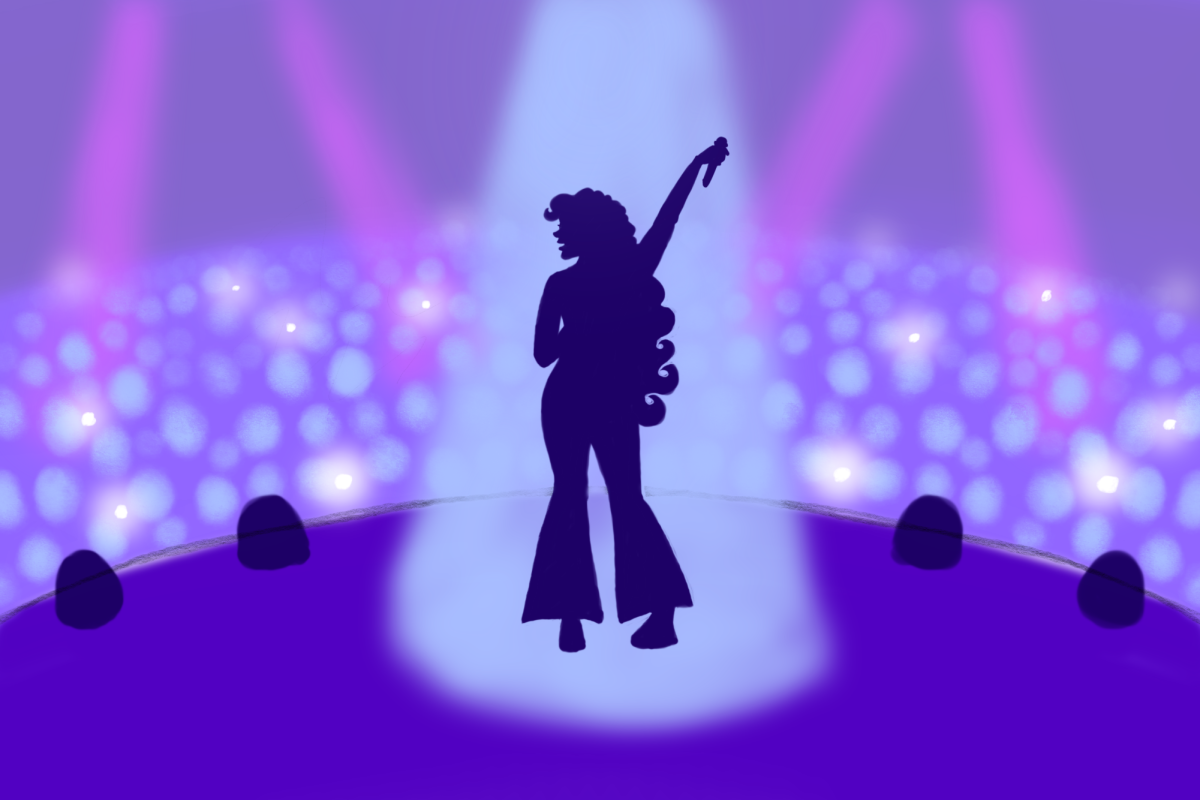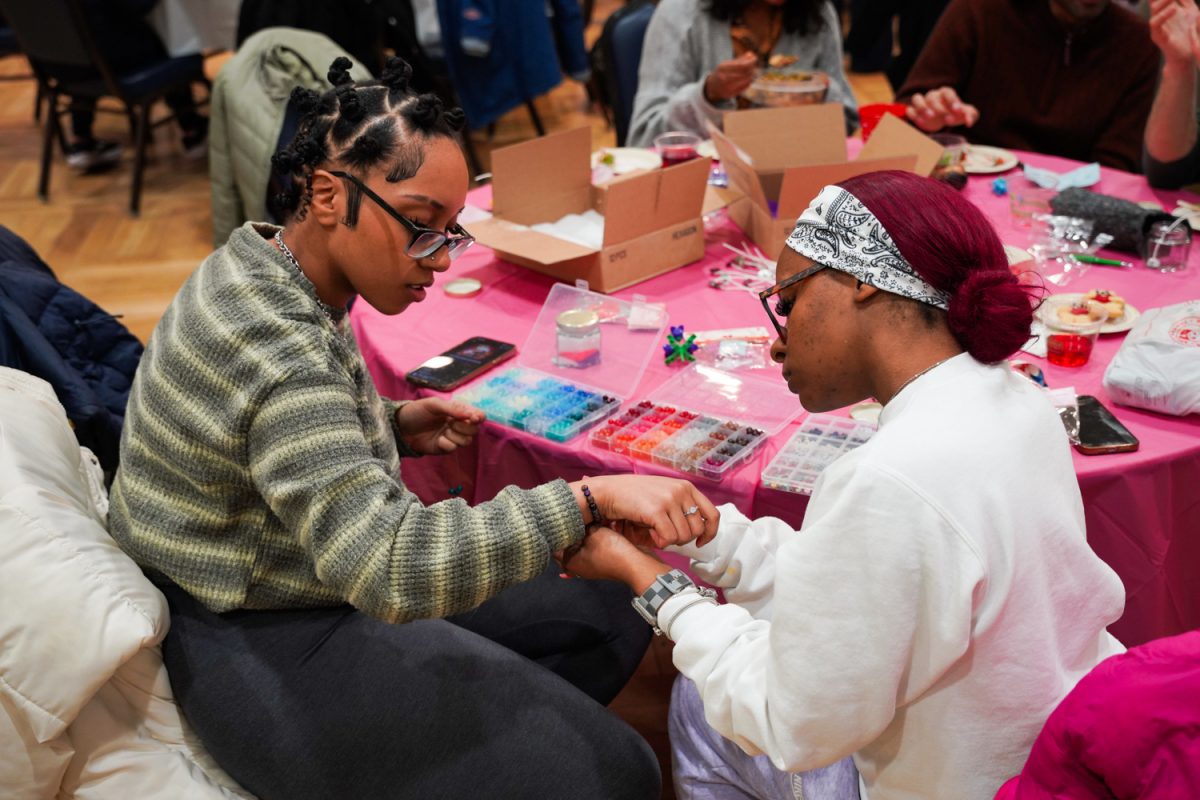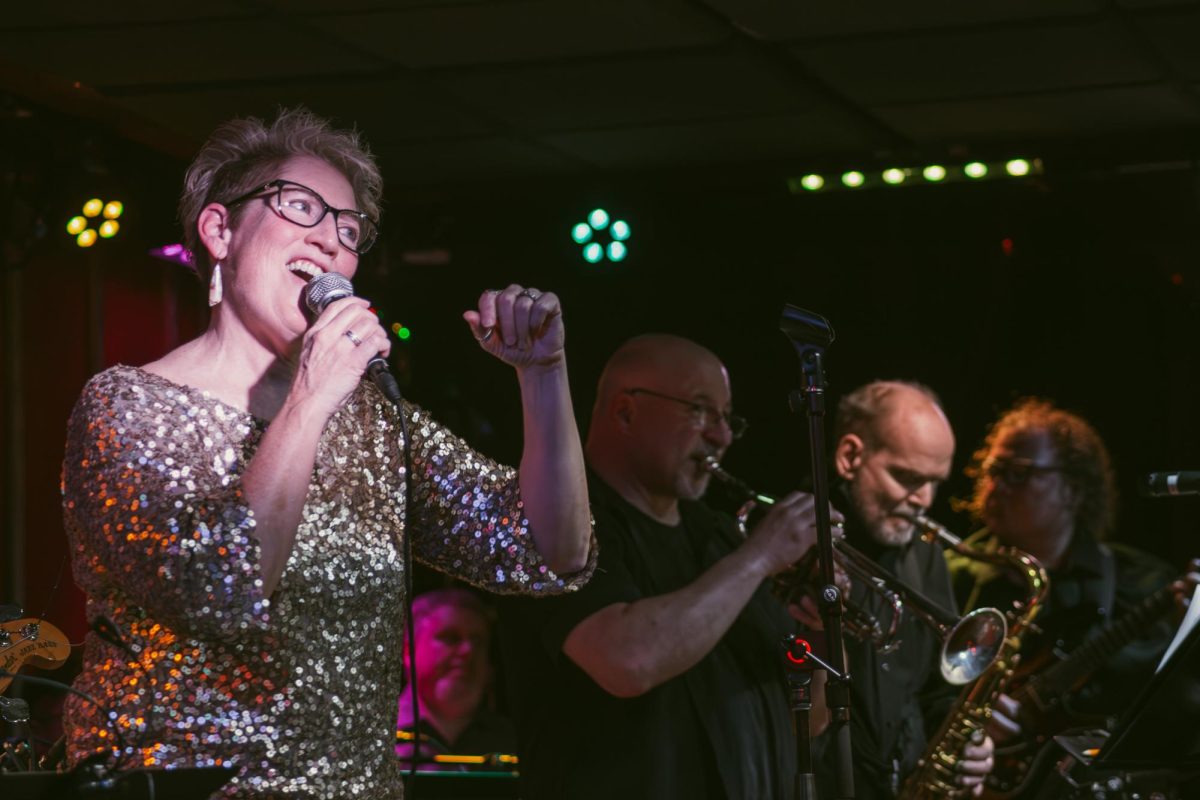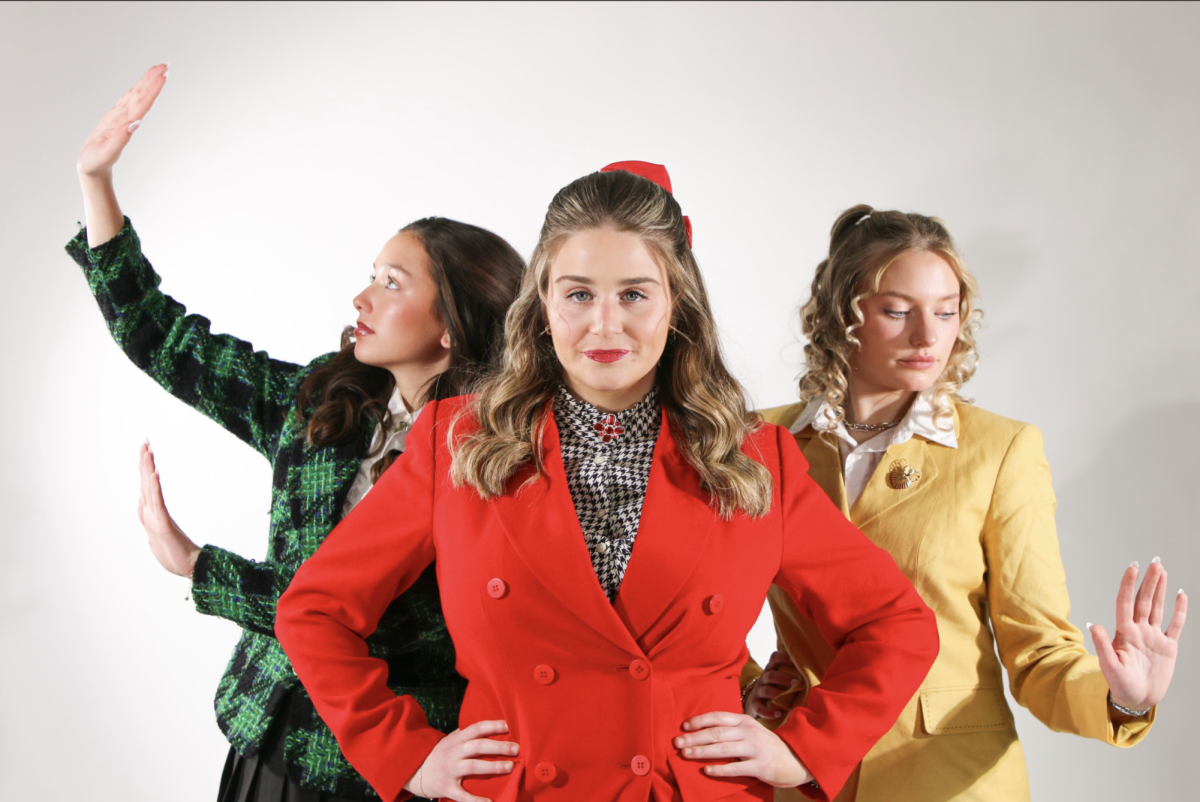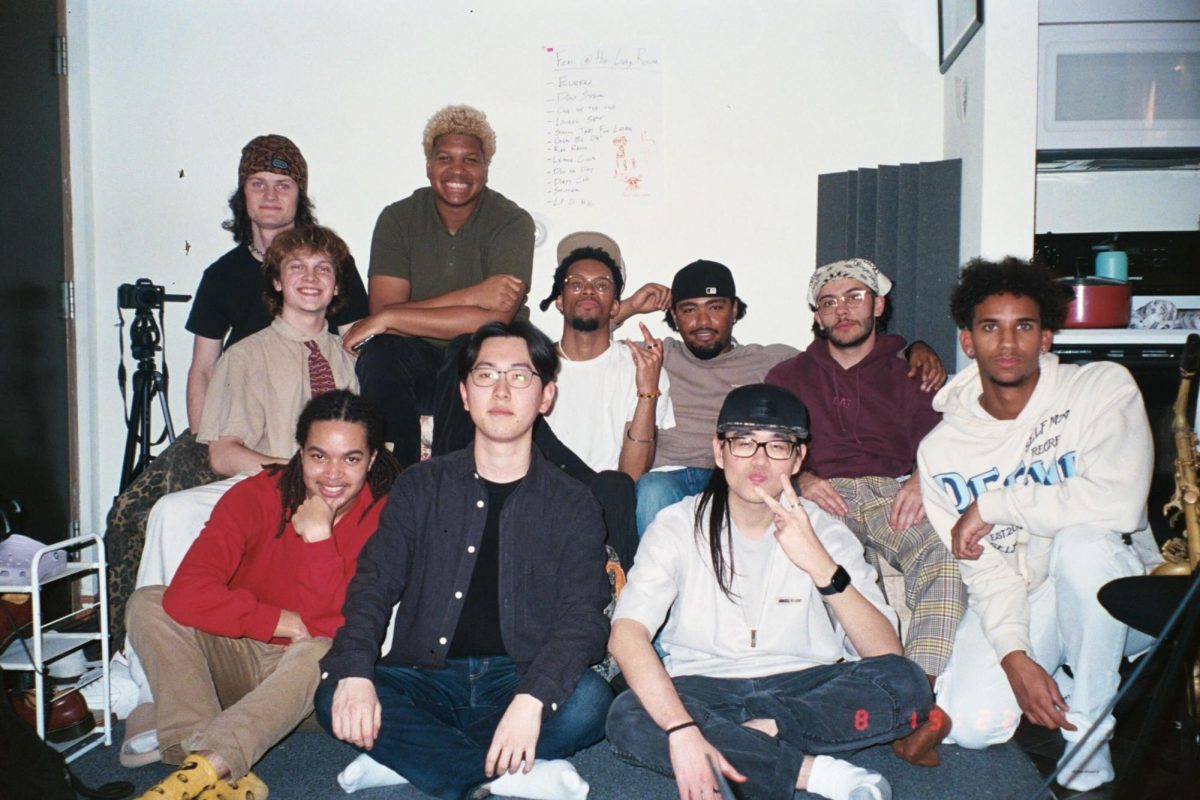Leading up to Election Day, artists such as Taylor Swift, Beyoncé and Charli xcx gave their support for Vice President Kamala Harris. On the other hand, Jason Aldean, Kid Rock and Kanye West voiced their support for President-elect Donald Trump.
Influencers and artists have made endorsements for presidential candidates throughout American history, starting in 1920 with Al Jolson supporting Warren Harding, according to HISTORY.
Political endorsements allow artists and influencers to communicate their perspectives on politics, and during the 2024 election, political endorsements were typically announced through social media and attending rallies.
Politics and popular trends have overlapped during the 2024 election. One main question that has floated around is whether artists and influencers should endorse political candidates. Some students have expressed their opinions on political endorsements by artists and influencers and their impact on the public.
“I think they definitely should,” said Baani Parmar, freshman in AHS. “I think people who support influencers or artists online, they significantly impact what they buy, or what they do or what they want. So, I think definitely when they endorse candidates, it makes a big difference in how they will vote and who they’ll vote for.”
Get The Daily Illini in your inbox!
Through endorsements, artists and influencers can convey their support for a political candidate, expressing their political thoughts and views to others.
“I think it’s fine for musicians and artists to endorse people because here in the United States, everyone has freedom to say whatever they want,” said Mark Cyphers, sophomore in LAS. “There shouldn’t be anything wrong if certain celebrities or artists do want to promote someone who they think will be a better option for change here in the United States.”
The question of whether the public pressures influencers and artists to become openly political has also been discussed.
“I think that’s definitely tricky because when people don’t endorse people, then it’s kind of seen like, ‘Oh, you’re not speaking up, you’re not using your voice for good,’ which makes sense,” Parmar said. “I would look at someone differently based on who they vote for, which is a personal preference. But it’s definitely tricky.”
Some citizens may want an influencer or an artist to speak up rather than stay silent on politics.
“There are a lot of people who are like, ‘Why aren’t they not talking about it,’ ‘Why don’t they want to speak about it?’” said Celie Castro, freshman in LAS. “So, I do think that they do feel pressured to speak about it.”
Separation of the artist from the art is a multifaceted debate, especially regarding political perspectives.
“We shouldn’t try and have our opinions on them be extremely influenced by their politics — I think that because everyone has a right to say what they want to believe and what they want to influence people on,” Cyphers said. “So, I don’t think we should necessarily have their political opinions affect our views on them … If it makes it easier for people to separate the politics from the actual art that they do, then I think it’s fine, but it depends on the person.”
Differentiating the art from the artist may also depend on whether an individual’s political thoughts align with the artist.
“When you like someone, you kind of want to like all of them, at least for me personally,” Parmar said. “I definitely correlate how someone stands politically.”
During the 2024 election, about 46% of adults 18-29 reported they use social media to learn about political information, compared to 23% of adults 30-49, according to Pew Research. Additionally, around 39% of adults 18-29 in the United States normally get their news from TikTok in 2024.
“A lot of people who don’t really look into candidates; they just base what they think and see based on people they support online,” Parmar said. “Social media is such a big thing in today’s day and age, so I think it definitely impacts a lot.”
Social media allows people to express their political perspectives and opinions, which can reach larger masses than ever before.
“(The public) get persuaded about what other people think,” Castro said. “How social media and people putting their own opinions out there can persuade other people to be like, ‘Yeah, I’m just going to pick this one because they picked it.’”
In a PBS interview, Mark Harvey said celebrities may be able to persuade views on issues that people are not fully committed to, creating room to convince citizens to lean one way over another.
“For me, I usually try to take in a lot of factors, considering who I would want to put into office in various political positions,” Cyphers said. “But, I do think that hearing artists and really anyone that put their opinions on why this person should be elected for this position … just adds more to my perspective.”
Sometimes, an artist or influencer’s political endorsements may also lead to people perceiving them differently than before.
“I definitely think of them differently after I know who they voted for, which could be controversial but not influenced,” Parmar said. “I know what I stand for, and I know each candidate and what they stand for, so I just go align with what I stand for.”



